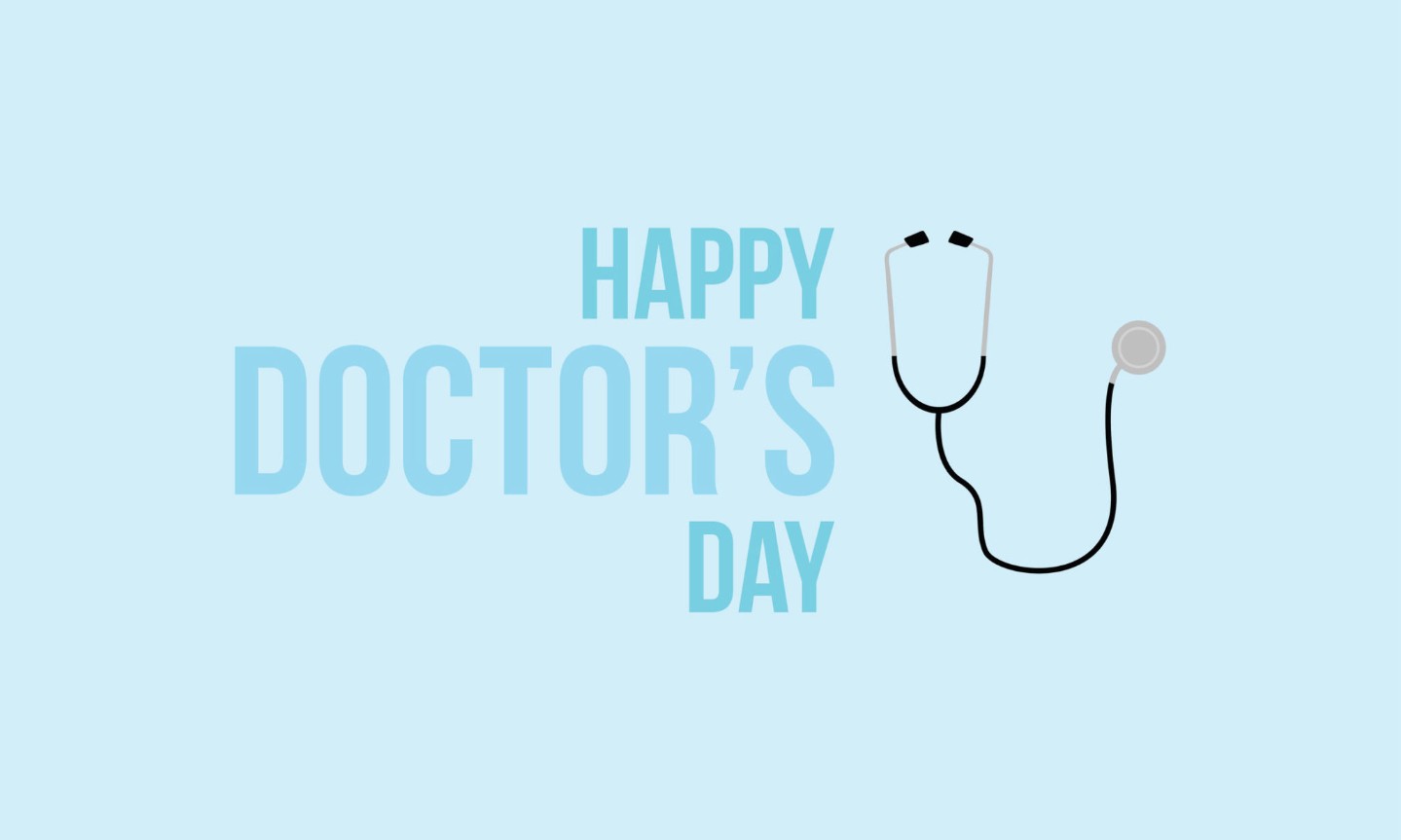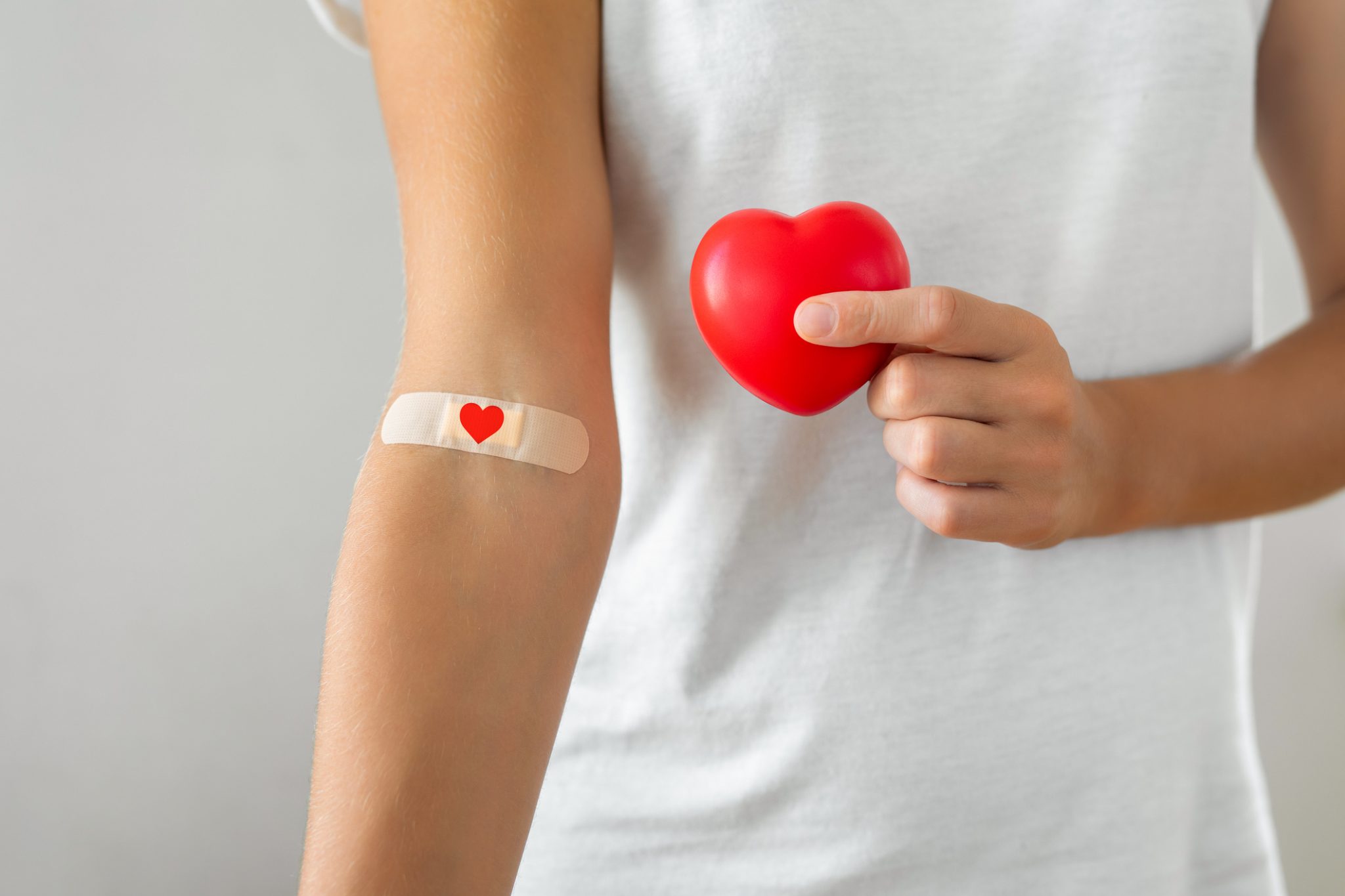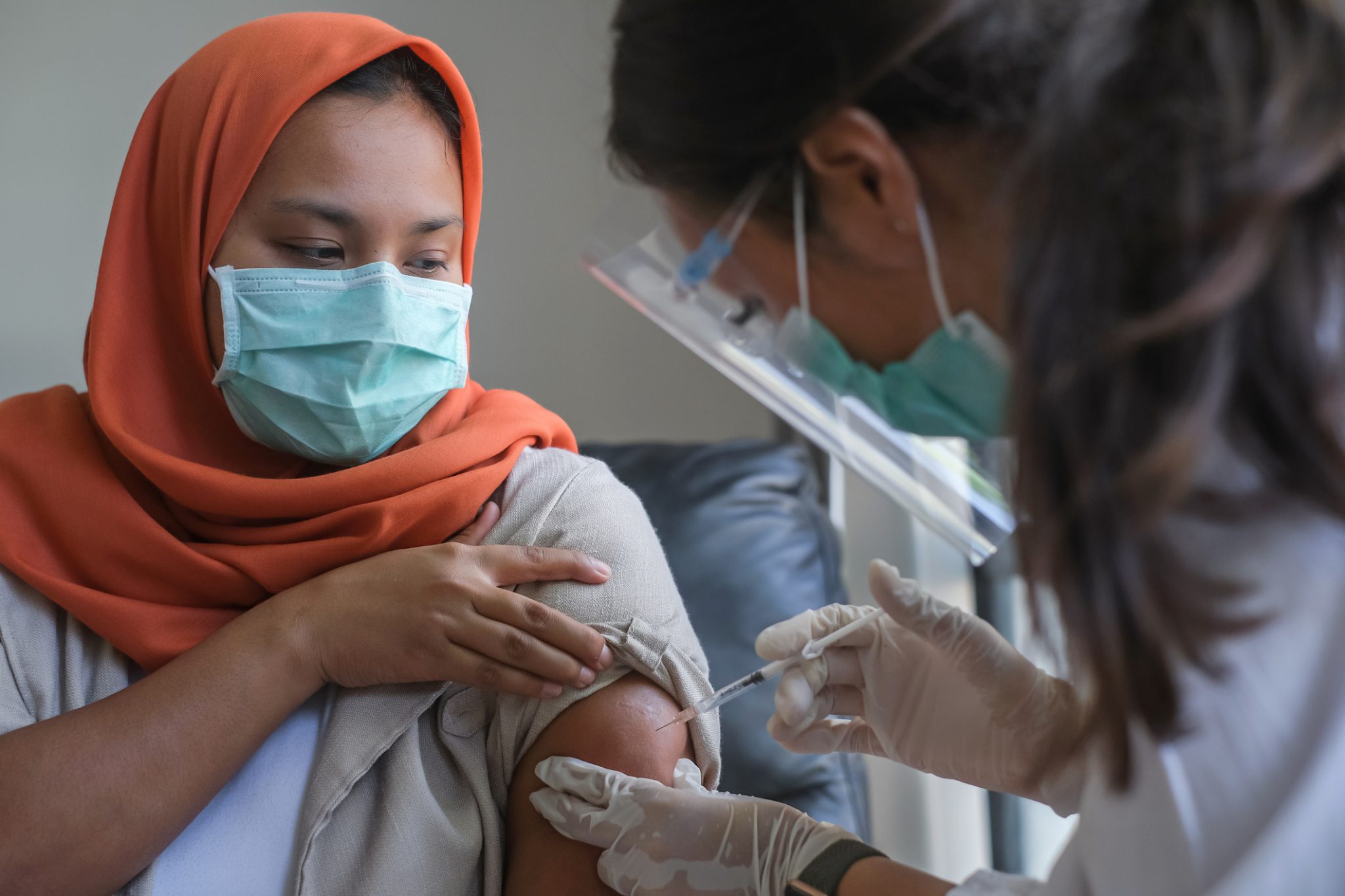Caring for All: National Minority Health Month
APR 30, 2023Providing information in a person’s chosen language is just one way we can help improve the health of people in ...
Read More
Every now and again patients thank me for the care I provide when they come through the hospital with a life-threatening illness. Whenever I hear this I feel a warm flood of appreciation that seems to make up for the two dozen phone calls that keep me awake on a typical call night. It’s not uncommon for people to publicly recognize their physicians once they’ve survived a close brush with death (many celebrity memoirs include a chapter on a medical emergency—often self-inflicted—narrowly averted thanks to a crack “team of doctors”). When thanks are delivered for a life saved it is most commonly the physicians who are the recipients.
Every March we celebrate Doctors’ Day with the local hospitals’ sponsoring buffet breakfasts in the physician lounges, banners strung along hallways extolling appreciation for our caregivers, and (at least here at CHI Health) a delicious stack of pies as a reward for our service (my daughter looks forward to this every year, cherry pie in particular). One of our more snarky nurses commented to me, upon hearing another person offer a chipper Happy Doctors’ day, “I thought every day is Doctors’ Day.”
Her sarcasm clearly captures the entitlement that America’s physician corps is perceived to have as doctors receive perk upon perk, from prime parking outside the hospital to cushy lounges stocked with snacks—all this despite monetary reimbursement that puts our profession in the upper small percentage of the national average. I’ll never forget an experience I had when I finished residency and began work as an internist in a south Texas county hospital. I walked into the intensive care unit and was surprised to have the nurses come to their feet to offer me their chairs at the counter. I had thought this type of deference had disappeared from our medical culture back in the House of God age.
When Doctors’ Day rolls around every year I feel a little guilt and embarrassment over the whole affair and somewhere in my subconscious a little voice objects: You get paid pretty darn well for what you do and have a very comfortable life because of it. How much more thanks and recognition do you need? What about all the other people who assist you in your life-saving exploits and make possible your moments of glory?
Thus, here for your consideration, is a list of others who deserve equal recognition and without whom Doctors’ Day would be moot:
Nurses. Doctors don’t really do anything in the hospital (outside the operating venue). All the hands-on stuff is accomplished dutifully by the nurses and nursing aides. All doctors really do is examine, discuss, cognate, and write orders in the chart. The nurses spend their shifts tirelessly giving medications, coordinating tests and treatments, and tending to the patient’s hygiene and comfort needs. They’re the experts at determining if a patient slips from the “stable” status to the point where more aggressive therapy is warranted—a subtle talent that comes only with years of experience. We write for the enemas and Kayexalate and the nurses have to carry out the orders and deal with the consequences. There is no hospital that wouldn’t immediately grind to a halt without competent nurses.
Medical paraprofessionals. This group includes the non-physician medical personnel, such as laboratory and radiology technicians, OR and cath lab staff, and others. The x-ray techs and phlebotomists seem to magically appear from nowhere almost immediately when their services are needed. When I come to round early in the mornings I find the computer already filled with lab and radiology results I need to care for my patients. Behind the scenes are these technicians who’ve already visited each patient room to collect the information I’ve requested. My cath lab team deserves credit any time I manage to emerge from a procedure without embarrassing myself; for it’s their expertise that keeps me at my peak performance.
Pharmacists. The main line of defense against doctors’ screwing up on a medication order is the hospital pharmacist. I can’t count the times I’ve inadvertently written an order for some medication that would have been detrimental to my patients’ health had the pharmacist not caught and corrected the error. A dose that’s wrong, a medication allergy I’d forgotten about, an adverse drug interaction—all are ways in which we doctors can innocently jeopardize our patients’ care. Thankfully, such errors rarely slip past the watchful oversight of our diligent pharmacists.
Housekeeping. This group of hardworking individuals represents another behind-the-scenes entity that is invaluable in the care of the hospitalized patient. I’m not just talking about room tidiness here, either—the housekeeping staff directly contributes to the quality of medical care. For example, we have a guy at Midlands Hospital who is responsible for cleaning the cardiac catheterization lab between cases. He does his job faster and more thoroughly than anyone I’ve ever seen, and thanks to his proficiency we are able to bring emergency cases into the lab far more quickly. If you ever come into the hospital with a heart attack during business hours you may just end up being rushed into a room that was only moments earlier occupied by another patient. How fast we get to your coronary artery depends to a great degree on how fast the housekeeping staff can “turn around” the room.
Maintenance. Every hospital has its fix-it guys whose job it is to keep our equipment up and running after we have spent years beating it to death. Our older hospitals need constant attention and our newer models suffer from the glitches of modern technology. Regardless of the problem, our maintenance staff will show up right away, tools in hand, and seem to be able to repair or replace almost anything that’s needed to allow us to provide uninterrupted care of the patient.
Information technology. Modern medical care centers rely heavily on information and the dizzying array of hardware and software required would make your head spin. Our computer systems are a little like the Santa Monica freeway—there is no time, day or night, where you could shut it down and not bring the system to a screeching halt. So, while we often curse under our breaths at the behavioral ticks of our computer systems, we have to be grateful that it works.
Hospital administration. These people have a very tough job. They are required to bring balance to two mutually exclusive taskmasters: provide the best environment for patient care and watch the bottom line enough to keep the hospital (which generally runs on the thinnest of margins) from going bankrupt. This they do while suffering the frequent indignation of being viewed as the enemy by their own staff. Quite simply, this is a job I could never do. A good administrator can be the difference between a good and a great hospital experience for the patient.
Others. Food service workers, secretaries, medical records staff, and many others contribute to good patient care. The modern hospital is a complex system of numerous moving parts where each is integral to the function of the whole.
The next time you find yourself in the unfortunate position of needing hospitalization try to pay attention to what goes on around you. Once you’re home and well, if you’re tempted to express gratitude to your “team of doctors,” remember that our team is much bigger than you might expect. And next Doctors’ Day remember to thank the all the people who keep us doctors up and running.

Providing information in a person’s chosen language is just one way we can help improve the health of people in ...
Read More
When’s the last time you helped save three lives? Donating one pint of blood can do just that. It’s hard ...
Read More
Preventive screenings such as mammograms, Pap smears and colonoscopies are an essential aspect of health care because they help detect ...
Read MoreWhen you need local health information from a trusted source, turn to the CHI Health Better You eNewsletter.